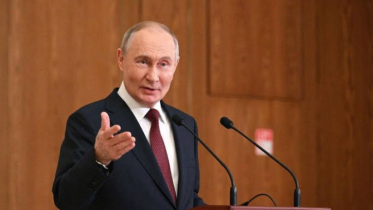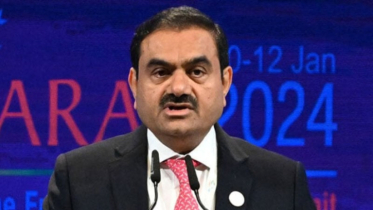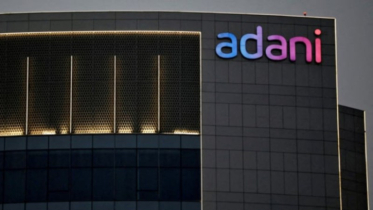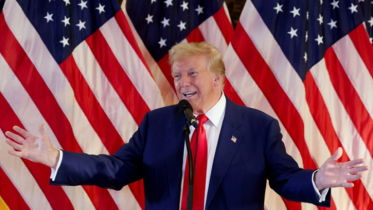
Security forces have used excessive force against protesters: UN
The United Nations High Commissioner for Human Rights, Volker Türk, said today that there are clear signs that security forces used unnecessary and disproportionate force during student protests in Bangladesh.
These facts deserve further investigation, he said.
“Other alleged violations, which also need to be thoroughly, impartially and transparently investigated, include extrajudicial executions, arbitrary arrest and detention, enforced disappearances, torture and ill-treatment, as well as severe restrictions on the exercise of the rights to freedom of expression and peaceful assembly,” he said.
All those responsible for human rights violations, including those who used or ordered the use of unnecessary and disproportionate force, must be held accountable and victims must be provided with effective redress and compensation, he added.
Turk made the statement as the Office of the United Nations High Commissioner for Human Rights released a preliminary report on the protests and unrest in the country in recent weeks, which led to the resignation of the Awami League government on August 5.
An interim government led by Professor Muhammad Yunus was subsequently formed on August 8.
On August 14, the High Commissioner called Yunus and informed him that a team would travel to Dhaka next week to explore areas where the Office of the United Nations High Commissioner for Human Rights could assist in the transition.
The group will also discuss ways to investigate human rights violations in the context of recent violence and unrest.
“We stand in solidarity with the people of Bangladesh at this time and are committed to supporting the interim government for a successful, inclusive transition that upholds the rights of all Bangladeshi citizens,” Türk said.
“Bangladesh’s transition is a historic opportunity to ensure that governance is anchored in human rights, inclusion and the rule of law, and underscores the need for accountability for all those responsible for human rights violations and violence,” he added.
“Accountability for violations and justice for victims are essential moving forward and will need to accompany the national healing process,” Türk said.
“A full, impartial and transparent investigation into all human rights violations and abuses that have taken place would be an important first step,” he added.
He said security forces had committed serious human rights violations, leaving hundreds dead – including at least 32 children – and thousands injured.
Following the government's resignation on 5 August, looting, arson and attacks on members of religious minorities were also reported, as well as reprisal killings and killings against members of the former ruling party and police.
On 15 August, mobs armed with bamboo sticks, iron bars and pipes reportedly attacked supporters of the former prime minister.
Journalists were also reportedly attacked and threatened, preventing them from filming the scene.
The report stresses the importance of quickly restoring public order and the need to take effective measures to prevent further loss of life, violence and other acts of reprisal.
“Law enforcement officials must be given clear guidance and training on the use of force, in accordance with international human rights standards.
They must protect vulnerable populations from any acts of reprisal or retaliatory violence, including against minority communities.
”
The High Commissioner welcomed the initiative by various student organisations, faith leaders and other people forming groups to protect minorities and religious sites belonging to minority communities.
Türk welcomed the release of thousands of detainees and longer-term political prisoners – including some victims of enforced disappearance – and urged the release of all those arbitrarily detained.
The report also calls for a systematic approach to monitoring all appointments and dismissals in the judiciary, security and other institutions.


























